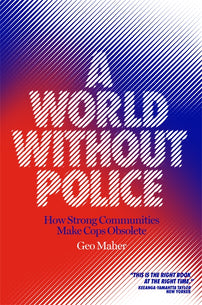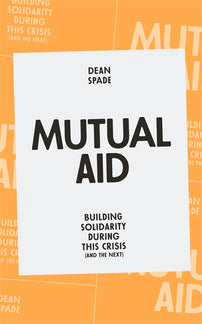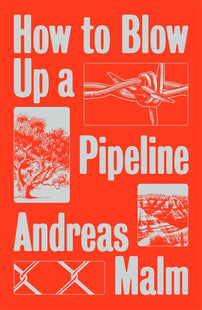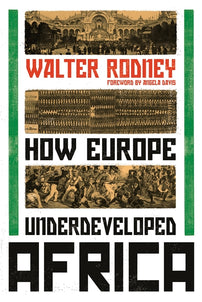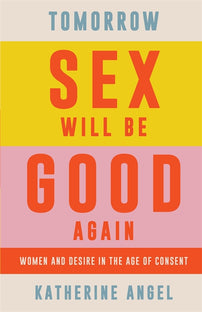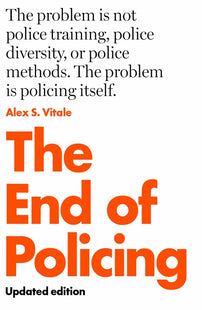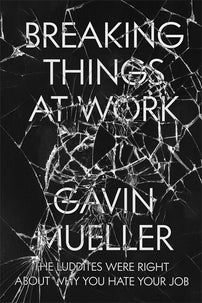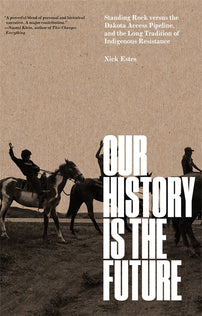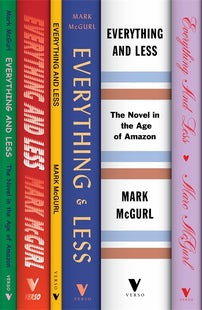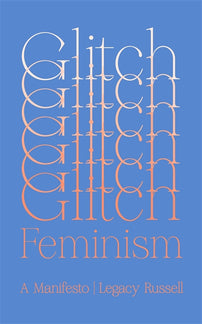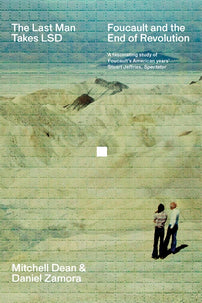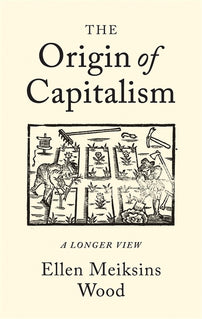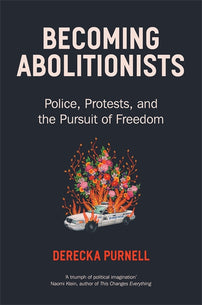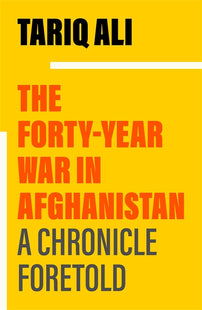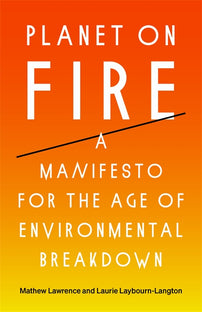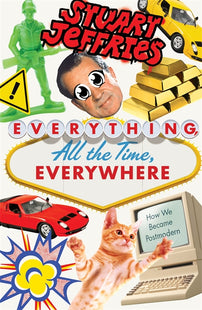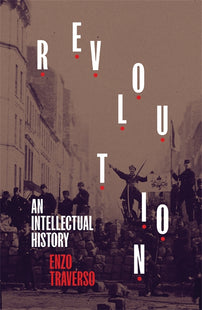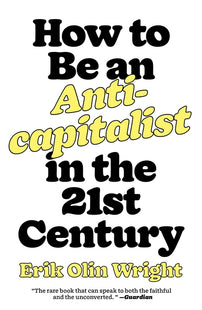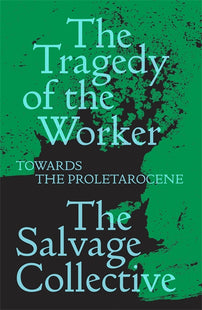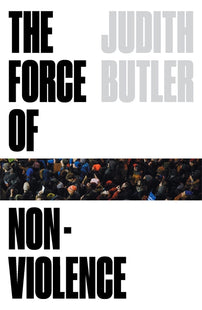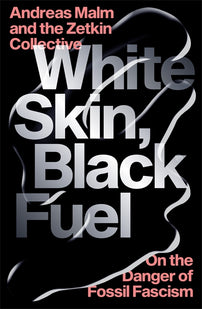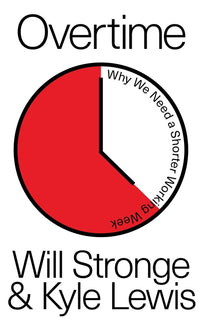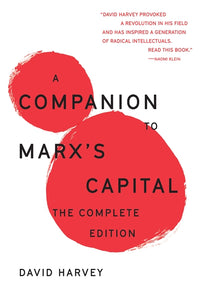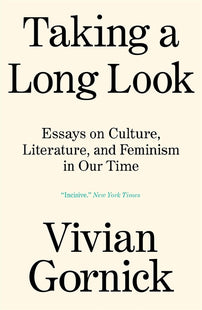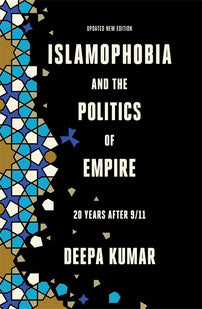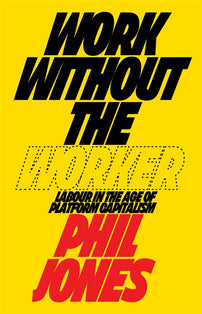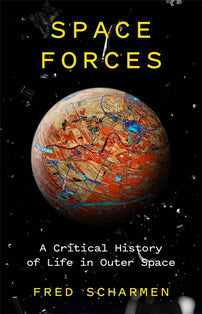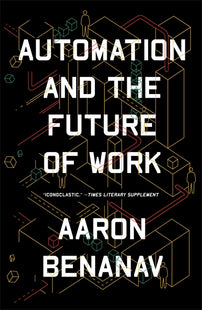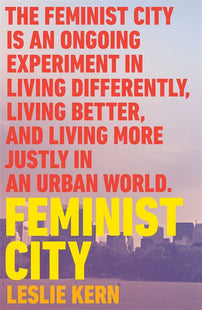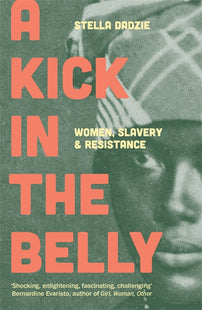Our bestselling ebooks of the year!
Featuring Walter Rodney, Andreas Malm, and more.

Stock up on some of the best radical thinking and revolutionary ideas!
[book-strip index="1" style="buy"]Persuasively argued and lyrically charged, A World without Police offers concrete strategies for confronting and breaking police power, as a first step toward building community alternatives that make the police obsolete.
[book-strip index="2" style="buy"]This book is about mutual aid: why it is so important, what it looks like, and how to do it. It provides a grassroots theory of mutual aid, describes how mutual aid is a crucial part of powerful movements for social justice, and offers concrete tools for organizing, such as how to work in groups, how to foster a collective decision-making process, how to prevent and address conflict, and how to deal with burnout.
[book-strip index="3" style="buy"]In this lyrical manifesto, noted climate scholar (and saboteur of SUV tires and coal mines) Andreas Malm makes an impassioned call for the climate movement to escalate its tactics in the face of ecological collapse. We need, he argues, to force fossil fuel extraction to stop—with our actions, with our bodies, and by defusing and destroying its tools. We need, in short, to start blowing up some oil pipelines.
[book-strip index="4" style="buy"]How Europe Underdeveloped Africa is an ambitious masterwork of political economy, detailing the impact of slavery and colonialism on the history of international capitalism. In this classic book, Rodney makes the unflinching case that African “mal-development” is not a natural feature of geography, but a direct product of imperial extraction from the continent, a practice that continues up into the present.
[book-strip index="5" style="buy"]In this elegant, searching book—spanning science and popular culture; pornography and literature; debates on Me-Too, consent and feminism—Katherine Angel challenges our assumptions about women’s desire. Why, she asks, should they be expected to know their desires? And how do we take sexual violence seriously, when not knowing what we want is key to both eroticism and personhood?
[book-strip index="6" style="buy"]Drawing on firsthand research from across the globe, he shows how the implementation of alternatives to policing—such as drug legalization, regulation, and harm reduction instead of the policing of drugs—has led to reductions in crime, spending, and injustice. This updated edition includes a new introduction that takes stock of the renewed movement to challenge police impunity and shows how we move forward, evaluating protest, policy, and the political situation.
[book-strip index="7" style="buy"]Breaking Things at Work is an innovative rethinking of labour and machines, leaping from textile mills to algorithms, from existentially threatened knife cutters of rural Germany to surveillance-evading truckers driving across the continental United States. Mueller argues that the future stability and empowerment of working-class movements will depend on subverting these technologies and preventing their spread wherever possible.
[book-strip index="8" style="buy"]Nick Estes traces traditions of Indigenous resistance that led to the #NoDAPL movement. Our History Is the Future is at once a work of history, a manifesto, and an intergenerational story of resistance.
[book-strip index="9" style="buy"]In Everything and Less, acclaimed critic Mark McGurl discovers a dynamic scene of cultural experimentation in literature. Its innovations have little to do with how the novel is written and more to do with how it’s distributed online. On the internet, all fiction becomes genre fiction, which is simply another way to predict customer satisfaction.
[book-strip index="10" style="buy"]The first English-language publication of the work of Izumi Suzuki, a legend of Japanese science fiction and a countercultural icon.
[book-strip index="11" style="buy"]A glitch is normally thought of as an error, a faulty overlaying, but, as Legacy Russell shows, liberation can be found within the fissures between gender, technology, and the body. The glitch offers an opportunity for us to perform and transform ourselves in an infinite variety of identities. In Glitch Feminism, Russell makes a series of radical demands through memoir, art, and critical theory, as well as the work of contemporary artists—including Juliana Huxtable, Sondra Perry, boychild, Victoria Sin, and Kia LaBeija—who have travelled through the glitch in their work.
[book-strip index="12" style="buy"]Mitchell Dean and Daniel Zamora examine the full historical context of the turn in Foucault’s thought, which included studies of the Iranian revolution and French socialist politics, through which he would come to appreciate the possibilities of autonomy offered by a new force on the French political scene that was neither of the left nor the right: neoliberalism.
[book-strip index="13" style="buy"]In The Origin of Capitalism, a now-classic work of history, Ellen Meiksins Wood offers readers a clear and accessible introduction to the theories and debates concerning the birth of capitalism, imperialism, and the modern nation state.
[book-strip index="14" style="buy"]* PLEASE NOTE: THIS BOOK IS NOT PUBLISHED BY VERSO IN NORTH AMERICA
Derecka Purnell confronts the history of policing as a means to capture runaway slaves and uphold white supremacy, a practice persisting today in the policing and murder of Black people, poor people, and disabled people on modern city streets. She argues that the worst of policing is the purpose of policing and that we need new systems to address the root causes of violence.
Becoming Abolitionists will inspire readers to create new communities where safety, equality, and real justice for all can thrive.
[book-strip index="15" style="buy"]In this fascinating account of the island from the earliest times to the present day, author and journalist Jamie Mackay leads us through this most elusive of places. From its pivotal position in the development of Greek and Roman mythology, and the beautiful remnants of both the Arab and Norman invasions, through to the rise of the bandits and the Cosa Nostra, The Invention of Sicily charts the captivating culture and history of Sicily.
[book-strip index="16" style="buy"]The occupation of Afghanistan is over, and a balance sheet can be drawn. These essays on war and peace in the region reveal Tariq Ali at his sharpest and most prescient.
[book-strip index="17" style="buy"]
Planet on Fire is an urgent manifesto for a fundamental reimagining of the global economy. It offers a clear and practical road map for a future that is democratic and sustainable by design. Laurie Laybourn-Langton and Mathew Lawrence argue that it is not enough merely to spend our way out of the crisis; we must also rapidly reshape the economy to create a new way of life that can foster a healthy and flourishing environment for all.
[book-strip index="18" style="buy"]
With the verve and bite of Ottessa Moshfegh and the barbed charm of Nancy Mitford, Marlowe Granados’s stunning debut brilliantly captures a summer of striving in New York City.
[book-strip index="19" style="buy"]
In this brilliant history of a dangerous idea, Stuart Jeffries tells a narrative that starts in the early 1970s and still dominates our lives today. He tells this history through a riotous gallery that includes, among others: David Bowie, the iPod, Madonna, Jeff Koons’s the Nixon Shock, Judith Butler, Las Vegas, Margaret Thatcher, Grand Master Flash, I Love Dick, the RAND Corporation, the Sex Pistols, Princess Diana, Grand Theft Auto, Jean Baudrillard, Netflix, and 9/11.
[book-strip index="20" style="buy"]By turns lyrical, meditative, and heart-stoppingly suspenseful, this debut novel by Joseph Andras, based on the true story of a young man named Fernand Iveton (and a young politician named François Mitterrand), was a literary and political sensation in France, winning the Prix Goncourt for First Novel and being acclaimed by Le Monde as “vibrantly lyrical and somber” and by the journal La Croix as a “masterpiece.”
[book-strip index="21" style="buy"]This book thus merges ideas and representations by devoting an equal importance to theoretical and iconographic sources, offering for our troubled present a new intellectual history of the revolutionary past.
[book-strip index="22" style="buy"]
In this elegant book, Erik Olin Wright has distilled decades of work into a concise and tightly argued manifesto analysing the varieties of anti-capitalism, assessing different strategic approaches, and laying the foundations for a society dedicated to human flourishing. How to Be an Anticapitalist is an urgent and powerful argument for socialism, and a unparalleled guide to help us get there. Another world is possible.
[book-strip index="23" style="buy"]What is to be done to create a planet where a communist horizon offers a new dawn to replace our planetary twilight? What does it mean to be a communist after we have hit a climate tipping point?
[book-strip index="24" style="buy"]In this groundbreaking book, Emma Dowling charts the multi-faceted nature of care in the modern world, from the mantras of self-care and what they tell us about our anxieties, to the state of the social care system.
[book-strip index="25" style="buy"]Considering nonviolence as an ethical problem within a political philosophy requires a critique of individualism as well as an understanding of the psychosocial dimensions of violence. Butler draws upon Foucault, Fanon, Freud, and Benjamin to consider how the interdiction against violence fails to include lives regarded as ungrievable.
[book-strip index="26" style="buy"]
In the first study of the far right’s role in the climate crisis, White Skin, Black Fuel presents an eye-opening sweep of a novel political constellation, revealing its deep historical roots. Fossil-fuelled technologies were born steeped in racism. No one loved them more passionately than the classical fascists.
[book-strip index="27" style="buy"]This urgent and timely book shows what a shorter working week means in the context of capitalist economies and delves into the history of this idea as well as its political implications.
[book-strip index="28" style="buy"]Based on years of wide-ranging research, Cockburn lays bare the ugly reality of the largest military machine in history: squalid, and at the same time terrifyingly dangerous.
[book-strip index="29" style="buy"]For nearly forty years, David Harvey has written and lectured on Capital, becoming one of the world’s foremost Marx scholars. Based on his recent lectures, this current volume—finally bringing together his guides to volumes I, II and much of III—presents this depth of learning to a broader audience, guiding first-time readers through a fascinating and deeply rewarding text.
[book-strip index="30" style="buy"]For nearly fifty years, Vivian Gornick’s essays, written with her characteristic clarity of perception and vibrant prose, have explored feminism and writing, literature and culture, politics and personal experience. Drawing on writing from the course of her career, Taking a Long Look illuminates one of the driving themes behind Gornick’s work: that the painful process of understanding one’s self is what binds us to the larger world.
[book-strip index="31" style="buy"]
A critically acclaimed analysis of anti-Muslim racism from the sixteenth to the twenty-first centuries, in a fully revised and expanded second edition.
[book-strip index="32" style="buy"]We are told that the future of work will be increasingly automated. Algorithms, processing massive amounts of information at startling speed, will lead us to a new world of effortless labour and a post-work utopia of ever expanding leisure. But behind the gleaming surface stands millions of workers, often in the Global South, manually processing data for a pittance.
[book-strip index="33" style="buy"]Many societies have imagined going to live in space. What they want to do once they get up there—whether conquering the unknown, establishing space “colonies,” privatising the moon’s resources—reveals more than expected. In this fascinating radical history of space exploration, Fred Scharmen shows that often science and fiction have combined in the imagined dreams of life in outer space, but these visions have real implications for life back on earth.
[book-strip index="34" style="buy"]In Automation and the Future of Work, Aaron Benanav uncovers the structural economic trends that will shape our working lives far into the future. What social movements, he asks, are required to propel us into post-scarcity, if technological innovation alone can’t deliver it? In response to calls for a universal basic income that would maintain a growing army of redundant workers, he offers a counter-proposal.
[book-strip index="35" style="buy"]In Feminist City, through history, personal experience and popular culture Leslie Kern exposes what is hidden in plain sight: the social inequalities built into our cities, homes, and neighborhoods. Kern offers an alternative vision of the feminist city.
[book-strip index="36" style="buy"]
The story of how enslaved women struggled for freedom in the West Indies.
Further Reading
40% off all print books, 60% off all ebooks! See more here
Verso Gift Guide: ignite radical ideas
Imagining Radical Futures: books to help us re-imagine new futures
The Year in 10 Books: we pick 10 unmissable books from this year
COP26: a radical climate reading list
Abolition is the only solution: a reading list for breaking police power
I Do Not Dream of Labour: books that imagine a different working world
